Inside the Unexpected Revolution Shaping American Men’s Health and Strength in 2025—Are You Ready to Join the Movement?
Have you ever wondered why so many men—across schools, workplaces, and family rooms—seem to be banging their heads against an invisible brick wall? For decades, we’ve largely ignored the unique struggles that boys and men quietly wrestle with daily. Richard V. Reeves nails it in his eye-opening book, *Of Boys and Men*, where he shares his growing concern for millions, not just a handful, of males facing challenges that touch every corner of their lives. When I launched MenAlive back in ’72, we could count on one hand the programs addressing male health. Fast forward to today, and while we’ve made strides with initiatives and research—like the groundbreaking State of American Men 2025 study by Equimundo—new hurdles have surfaced, often fueled by economic pressures, social isolation, and the harsh glare of social media’s spotlight. But beneath all these stats and studies lie human stories—and, yes, some hard truths about the toll these struggles take. Join me as we unpack these realities, personal reflections, and what it all means for the path forward. LEARN MORE

For too long we have failed to pay attention to problems faced by boys and men. In his ground-breaking book, Of Boys and Men: Why The Modern Male is Struggling, Why It Matters, and What to Do About It, Richard V. Reeves says,
“I have been worried about boys and men for 25 years. That comes with the territory when you raise three boys. It has become clear to me that there are growing numbers of boys and men who are struggling in school, at work, and in the family. I used to fret about three boys and young men. Now I am worried about millions.”
The good news is that things are changing rapidly. When I launched MenAlive in 1972, there were few programs focused on the health of boys and men. Now there are many. Reeves’ book was published in 2022. He went on to become the founding Director of the Institute for Boys and Men and has influenced the work of NYU professor Scott Galloway. Lately, we are seeing more and more attention focused on males.
However, for those who have been studying the wellbeing of boys and men for many years, there are also serious new problems we must address. Founded by Gary Barker in 2011 as Promundo US, Equimundo works to achieve gender equality and social justice by transforming intergenerational patterns of harm and promoting patterns of care, empathy, and accountability among boys and men throughout their lives.
Equimundo recently published their latest study, “The State of American Men 2025″. I recently interviewed Gary Barker and you can watch the full interview here.
Some of the important findings of the study that Gary and I discussed include the following:
- Economic anxiety is at the forefront of men’s worries.
Anxiety around not being able to financially secure their and their families’ future is linked to lack of purpose, higher suicidal ideation, and feelings of being an inadequate caregiver.
- Being a provider is the key trait of manhood today.
Even though men and women recognize the importance of expanding their roles to include caregiving and other activities, the provider role is still seen as primary. Men who are unable to fulfill that role often feel they are failures.
- Men are isolated, feel no one cares about them, and are pessimistic about their romantic prospects.
Men and women lack social connection and feel unworthy of love; for men this is especially acute. Many males feel inadequate with females and believe that things are stacked against them. Difficulty making and keeping intimate relationships impacts all aspects of a man’s life.
- Pressure to be a provider and economic anxiety are exacerbated by male involvement on social media.
Spending more time online often perpetuates males comparing themselves to perceived ideals. Young men (and women) find that social media adds to their feelings of inadequacy.
- Many men fear being called out or canceled.
Men face tremendous anxiety that they will be called out, which is likely fueling their backlash against diversity and equality.
- Economic worries are strongly linked to suicidal ideation.
Men who face financial instability are 16.3 times as likely to have had suicidal thoughts in in the past two weeks.
Up Close and Personal: These Findings Cut Very Close to Home
When I was five years old, my midlife father took an overdose of sleeping pills. He had become increasingly irritable, angry, and depressed because he couldn’t support his family doing the work that he loved. Though he didn’t die, he was hospitalized at Camarillo State Mental Hospital, north of our home in Los Angeles.
I went with my uncle every Sunday to visit my father, charged by my mother, to
“Help your father. He needs you.”
But my own 5-year-old’s efforts to save my father didn’t work and he continued to get worse.
I didn’t understand what happened to my dad but was terrified that whatever happened to him would someday happen to me. I have spent my life doing everything I could to figure out the roots of male violence, particularly why it gets turned inward, for men who want to end their suffering by ending their lives.
After having written fourteen books about men’s health, I finally addressed the issues that had driven me for so long. In my fifteenth book, My Distant Dad: Healing the Family Father Wound, I shared the journals I found as an adult that began to pull back the curtain of confusion I had lived with all my life.
Years after my father had escaped from the mental hospital where he had been locked up, I found the journals he had written before his final act of despair. Every time I read them, I feel closer to my dad, two men, father and son, struggling to be good men and support their families. I also feel deep sadness as I watch him slipping closer to the edge of hopelessness. In his last journal, I found these entries:
July 3, 1948:
“Oh, Christ, if I can only give my son a decent education — a college degree with a love for books, a love for people, good, solid knowledge. No guidance was given to me. I slogged and slobbered and blundered through two-thirds of my life.”
July 24, 1948:
“Edie dear, Johnny dear, [my birth name before I changed it to Jed] I love you so much, but how do I get the bread to support you? The seed of despair is part of my heritage. It lies sterile for months and then it gnaws until its bitter fruit chokes my throat and swells in me like a large goiter blacking out room for hopes, dreams, joy, and life itself.”
August 8, 1948:
“Sunday morning, my humanness has fled, my sense of comedy has gone down the drain. I’m tired, hopelessly tired, surrounded by an immense brick wall, a blood-spattered brick world, splattered with my blood, with the blood of my head where I senselessly banged to find an opening, to find one loose brick, so I could feel the cool breeze and could stick out my hand and pluck a handful of wheat, but this brick wall is impregnable, not an ounce of mortar loosens, not a brick gives.”
December 8, 1948:
“Your flesh crawls, your scalp wrinkles when you look around and see good writers, established writers, writers with credits a block long, unable to sell, unable to find work, Yes, it’s enough to make anyone blanch, turn pale, and sicken.”
February 24, 1949:
“Faster, faster, faster, I walk. I plug away looking for work, anything to support my family. I try, try, try, try, try. I always try and never stop.”
June 12, 1949:
“Middle aged, I stand and gaze ahead, numb, confused, and desperately worried. All around me I see the young in spirit, the young in heart, with ten times my confidence, twice my youth, ten times my fervor, twice my education. I see them all, a whole army of them, battering at the same doors I’m battering, trying in the same field I’m trying. Yes, on a Sunday morning in June, my hope and my life stream are both running desperately low, so low, so stagnant, that I hold my breath in fear, believing that the dark, blank curtain is about to descend.”
Like so many men I’ve worked with, including myself, men tend to blame themselves when we are unable to fulfill our role as “breadwinner.” We don’t recognize the larger economic trends that restrict us or the system-created “man box” that keeps so many of us isolated.
Much has changed since my father was hospitalized. Many things have improved, but there are new challenges men face now that were not present when my father was confronting his inner demons. I carry both his hopes and dreams and the weight of his despair. I am blessed to have fulfilled his dreams for a good education and the support of family, friends, and colleagues. Yet there is much still to do. I hope you’ll join us.
You can read the full study from Equimundo here:
https://www.equimundo.org/wp-content/uploads/2025/06/State-of-American-Men-2025.pdf
You can read my interview with Gary Barker here:
https://www.youtube.com/watch?v=yBvk5GY3XbI
You can sign up for my weekly newsletter with my latest articles here:
https://menalive.com/email-newsletter/
You can read about my father’s and my healing journey here:
https://diamondprograms.podia.com/healing-father-wound
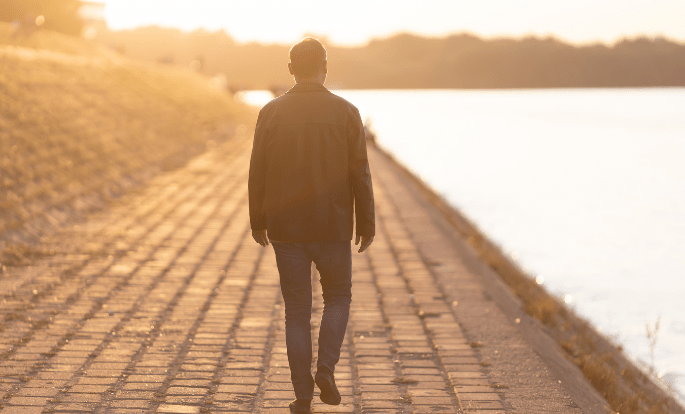





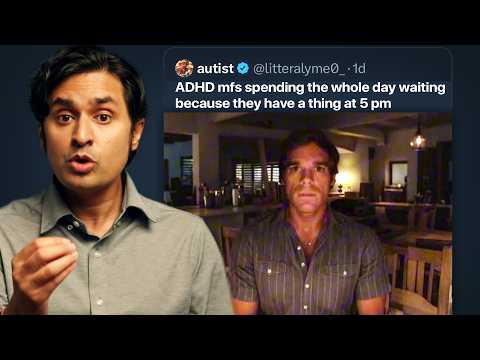
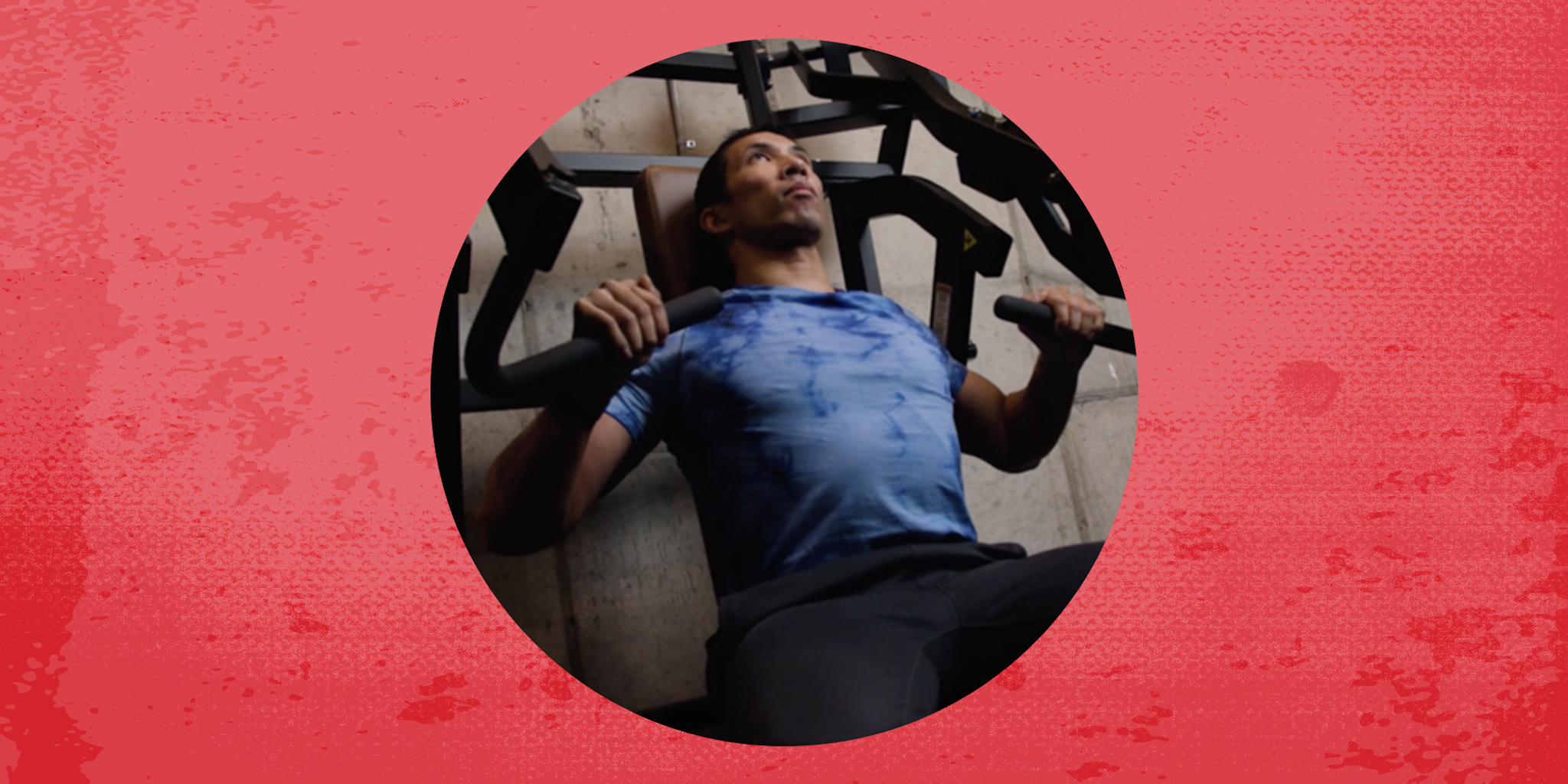

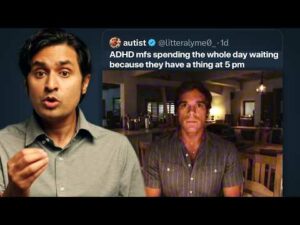

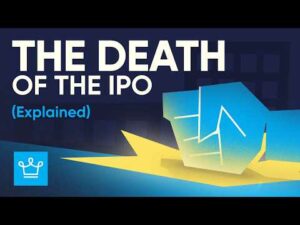


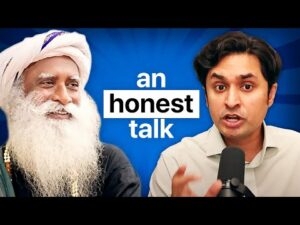
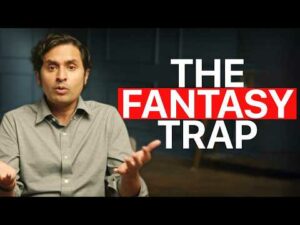
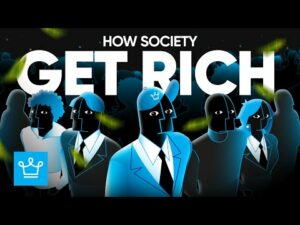

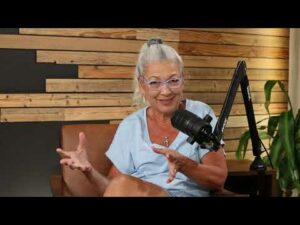

Post Comment